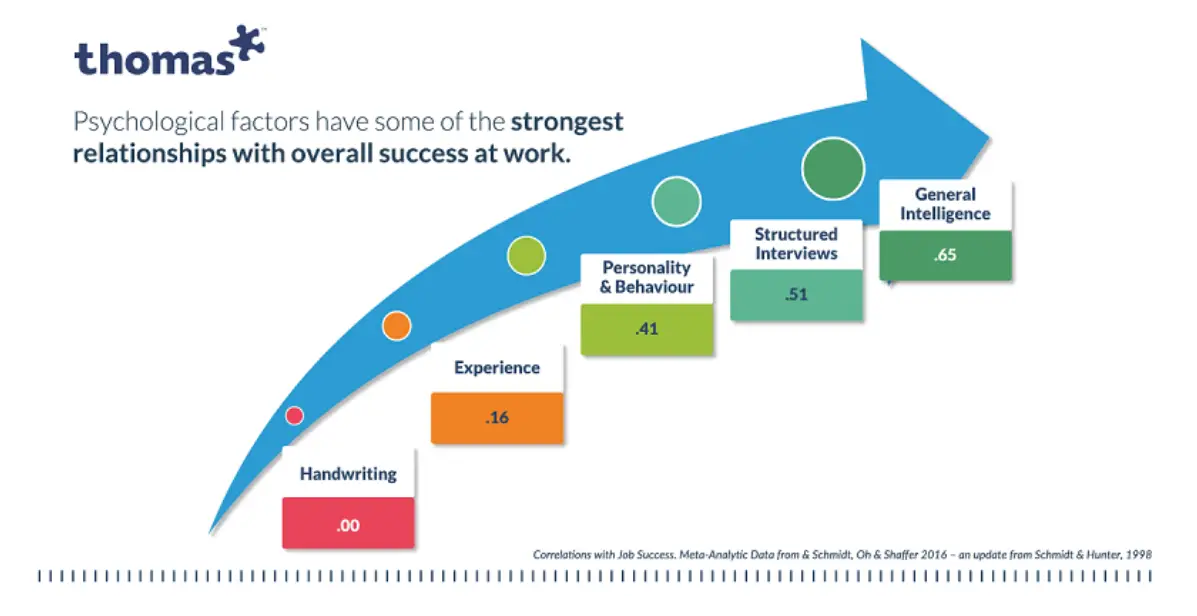Part
01
of one
Part
01
Aptitude vs. Abilities/Skills
Key Takeaways
- While 'aptitude' connotes an underlying potential, 'ability' defines the power to perform a given task.
- Aptitude is a natural talent, whereas 'ability' is knowledge or expertise held in a specific area.
- Aptitude is measurable with the help of aptitude tests assessing an individual's mental abilities or logical reasoning. This allows the employer to filter out unsuitable candidates.
- Unlike aptitude that needs to be tapped, abilities are already possessed at the present moment.
Introduction
We provided details surrounding aptitude vs. abilities/skills. This included a comparative analysis of how aptitude differs from abilities/skills based on various domains, including definition, measurability, sense, nature, type, application, and enhancement. While we prioritized the most recent journal article and whitepapers, there are instances when we expanded the scope to incorporate research articles published as back as 2007 and 2011. This is because besides being written by expert authors [Peter Robinson and Koshal] in the field, they contained information that was not available in the most recent sources. Details about our logic can be found in the research strategy section.
Comparative Analysis
[I] Definitions
- Whereas aptitude defines an underlying or natural potential, ability connotes a skill or the (intelligent) power to perform a given task.
- Noting this difference is critical for placing employees in the right roles.
- An aptitude can be thought of in the sense of natural talent. On the other hand, an ability reflects the maximum knowledge or expertise that a potential employee possesses with regard to a specified area of specialization.
[II] Aptitude vs. Abilities/Skills
- Unlike ability, which is not measurable, aptitude can be measured with the help of aptitude tests, which assess potential employees' mental abilities or logical reasoning, allowing the employer to filter out unsuitable candidates.
- Aptitude can transpire in various forms, including organizational, physical, logical, and linguistic. In contrast, 'ability' might be effective/transparent or specific/general. When it comes to application, abilities can be naturally or practically applied. On the other hand, aptitudes are only practically applied.
- Aptitude requires enhancement through practice and training, indicating that talents are developed through coaching. Identifying an individual's aptitude help in determining the tasks they are more skilled at performing and job roles that fit them best. On the contrary, while ability may be enhanced, the result may not be as much as it would be achieved with aptitude. For instance, one who already exhibited a painting ability may not necessarily achieve much with training.
- While an aptitude may remain untapped, abilities come to life only following an individual's full training on what an employer may be seeking them (the individual) to do. Thus, unlike aptitude, an ability is already present within a potential employee. Thus, while abilities are already possessed at present, aptitudes "need to be taken out."
Research Strategy
To provide the requested information surrounding the comparative analysis of how aptitude differs from abilities/skills, we leveraged some of the most reputable sources and up-to-date research articles, whitepapers, and journal articles available in the public domain. These included Psychometric Success
, Thomas International Whitepaper, Difference Between.com, Research Gate, Frontiers in Psychology, and Psychological Research and Intervention, among others.
While we prioritized the most recent journal article and whitepapers, there are instances when we expanded the scope to incorporate research articles published as back as 2007 and 2011. This is because besides being written by expert authors [Peter Robinson and Koshal] in the field, they contained information not available in the most recent sources.

